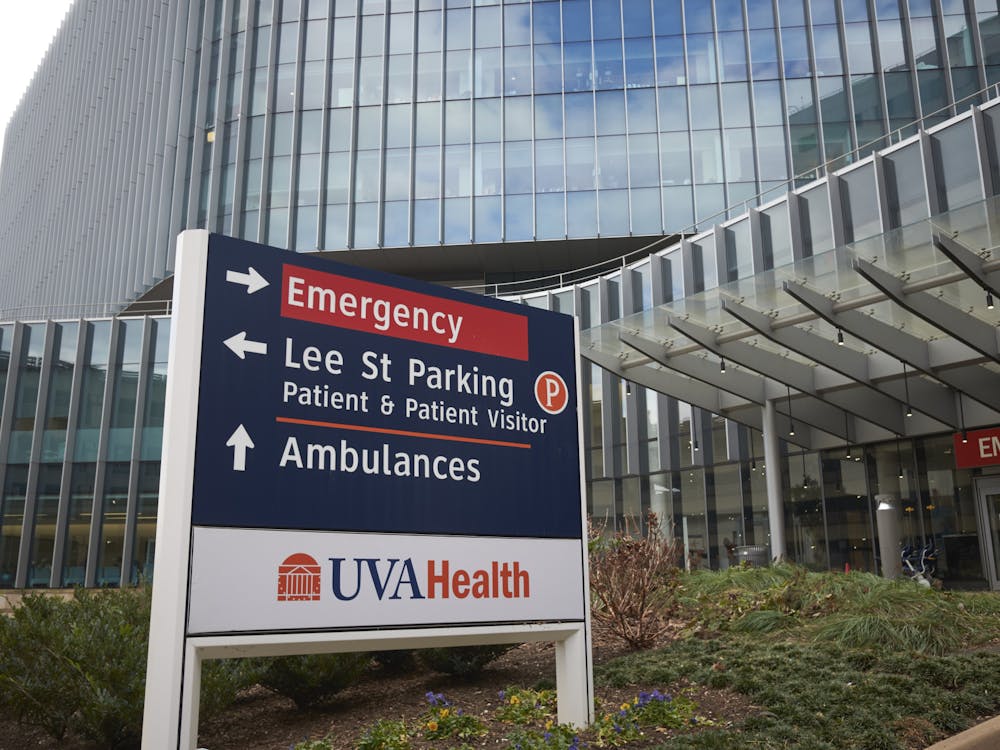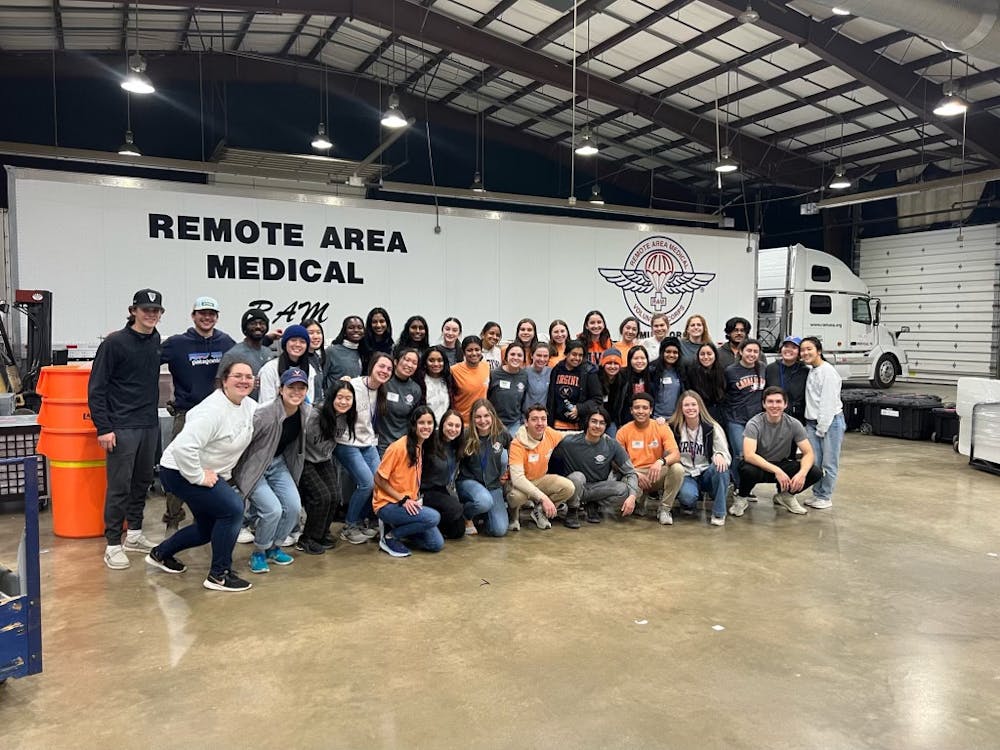The Harrison Undergraduate Research Awards provides up to $3,000 in grants for students to perform research over the summer. Each recipient of the Harrison Award works with a University faculty mentor and graduate students who aid the student’s research in their respective areas of interest.
Alexandra Berr, a third-year Engineering student, accepted the Harrison Award to continue her research in classifying cancer stem cell subtypes based on how they affect their surrounding environment and how they respond to different treatments and interventions — namely radiotherapy and chemotherapy. She will specifically focus on the identification of brain tumor cells by subtype.
“I’ll be looking at glioma stem cells, which are brain tumor cells that the are most resistant to radio and chemotherapy,” Berr said. “We are looking at them in a developing tumor microenvironment, meaning that we grow them in vitro with all the major players or cells that [are found] in the brain along with the [surrounding] matrix.”
Growing cells in vitro involves raising them in a controlled, synthetic environment outside a living organism.
With the Harrison Award, Berr seeks to investigate how subtype affects the pattern of resistance in brain tumors, in order to prevent the proliferation of the cancerous cells. The grant gives her the opportunity to work alongside her faculty mentor Asst. Biomedical Engineer Prof. Jennifer Munson.
“[The Harrison Award] allows me to formulate my research question and to figure out what techniques I need to use to answer that question,” Berr said.
Grant recipient Naveed Tavakol, a second-year Engineering student, researches angiogenesis, or the process by which new blood vessels form, in rodent models. He said he hopes to investigate the mechanism behind diabetic retinopathy, or damage to the retina resulting from diabetes.
Tavakol focuses on pericytes, cells that line the endothelial cells of the blood vessels and play a part in angiogenesis.
“We are basically looking at these support cells and seeing how they interact with the environment and [their] growth in the diabetic and healthy models,” Tavakol said.
Tavakol also stresses how the Harrison Undergraduate Research Award supports his work together with his faculty mentor, Dr. Shayn Peirce-Cottler, and graduate student Molly Kelly-Goss.
“I really like … having the opportunity to collaborate with graduate students, professors and a variety of different people … in the department and [to see] how this research can impact a larger network of researchers,” Tavakol said.
Chris Yang, a third-year College student, first heard about the Harrison Awards from past Harrison recipients at his research lab.
“I knew money was a big part of getting research done, so I looked around and asked around my lab, and heard about the Harrison,” Yang said.
Yang’s own research seeks to identify the neurological mechanisms which affect obesity. While many weight-loss drugs target the endocrine system, Yang said he believes the key to combating obesity may lie in the brain.
“Metabolism is governed by the brain, and since we haven’t been effective in the endocrine system, why not go to the source,” Yang said.
Yang’s research investigates the role of norepinephrine, a neurotransmitter and hormone of the sympathetic nervous system, in regulating metabolism. He said he plans to use the Harrison Award to publish the study.
“We are getting pretty close to publishing our first paper, and the Harrison would help a lot going forward with our second paper,” Yang said.
Additionally, the money granted by the Harrison Award may be able to expand the scope of the project from just norepinephrine to other neurological factors that may regulate metabolism. Yang said he is particularly interested in investigating neurotrophic factors, or proteins which regulate the growth and survival of cells in the nervous system.
“In the coming months we’re looking at how neurotrophic factors govern metabolism, so that’s probably how we’ll spend some of this money,” Yang said.
Third-year College student Katie Aracena said she heard about the Harrison Award through faculty and her research mentor. She saw the grant as an opportunity to further interests in biology which she developed in the classroom
“I knew I wanted to get involved in research at U.Va. to apply the information I've learned in class and better understand how research is conducted outside the classroom,” Aracena said.
Her research, a continuation of a project she has been working on since the spring of 2014, investigates the role of four specific genes in the network of genes which regulate the flowering times of Mimulus guttatus, or monkey-flowers.
“The results of this project will show how these genes function within the flowering genetic regulatory network in M. guttatus, providing a model that will inform our understanding of how variation in these genes may result in flowering time variation in natural population,” Aracena said.




